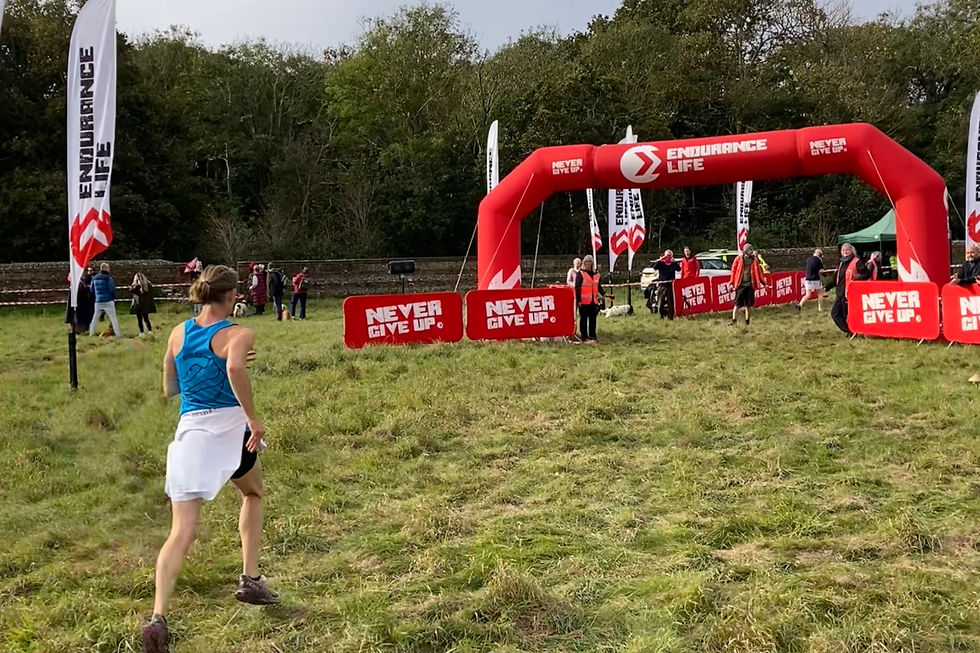How does good hydration prevent injuries?
- Mary Brooking

- Jul 5, 2021
- 3 min read
Updated: Sep 20, 2021
Good hydration is critical to health and mental focus and keeps our bodies performing and recovering at their best. It can prevent injuries by adding flexibility and elasticity to joints and soft tissue, but is also vital to the effective functioning of all body systems including brain function. Mild dehydration can cause issues with mood, concentration, headaches, memory, fatigue, anxiety and overall brain performance.

Water is the main component of our body, including within our muscles, and is in particular high concentration in our brains, lungs and blood. It regulates our internal body temperature through sweating, transports the carbohydrates, proteins and oxygen that our bodies use through the bloodstream, flushes waste and toxins through urination, provides lubrication to joints through synovial fluid and keeping cartilage soft, prevents tendons, ligaments, and muscles from becoming tight and stiff and helps delay muscle fatigue.
Water consumption must balance water loss. Water deficiency, or dehydration, causes our bodies to work less efficiently and can have a range of adverse performance and health consequences, including an increased injury risk. In the short term dehydration symptoms include headaches, feelings of dizziness, lethargy, poor concentration and a dry mouth. Over a longer term, dehydration can cause health issues including constipation, urinary tract infections, the formation of kidney stones and can increase stress on the heart by lowering your blood volume, which causes your heart to work harder and faster to make sure the rest of your body has oxygen.
Hydration requirements vary and may be more than a daily 2 litres. Everyone needs enough hydration from fluids and fluid-rich foods to balance their individual water loss. Physical activity or illness increase water loss and therefore hydration requirements. Urine colour is a quick and easy way to check for dehydration - it should be straw coloured. Get in the habit of drinking regularly as this is more effective in ensuring continued hydration levels.
Many sports drinks are hypertonic or isotonic meaning they have a thickness or concentration which is higher or the same as blood. This concentration means they deliver large amounts of calories or certain macronutrients quickly and efficiently into the blood stream. However when fluid intake is the priority and dehydration is a concern, such as during long duration activities where you’re sweating a lot they can cause gastro-intestinal issues, are not effective at providing hydration, and can actually be dehydrating.
Hypotonic drinks, with a concentration lower than blood, should be your preferred option if the primary goal of your drink is hydration rather than delivery of large amounts of energy. Having a small amount of glucose and some sodium in a drink can facilitate faster absorption of the fluids than drinking plain water. This is because as well as via passive osmosis water can be moved across the wall of the small intestine along with sodium and glucose via a method called active transport. A hypotonic drink can be a specific sports drink with a hypotonic formula, a diluted isotonic drink or dilute squash with a pinch of salt also works well.
Hyponatremia, a life-threatening condition with symptoms including nausea, headache and bloating, happens when the concentration of sodium and other electrolytes in your body gets too low as its been diluted by too much water. Endurance athletes can be affected if they drink to a schedule - instead drink to thirst and according to common sense. It’s normal to experience a net loss of fluid over a long event - effective pre-hydration reduces the impact of this on performance and the body’s sense of thirst is so well-developed that obeying it should mean you avoid dehydration.






Comments